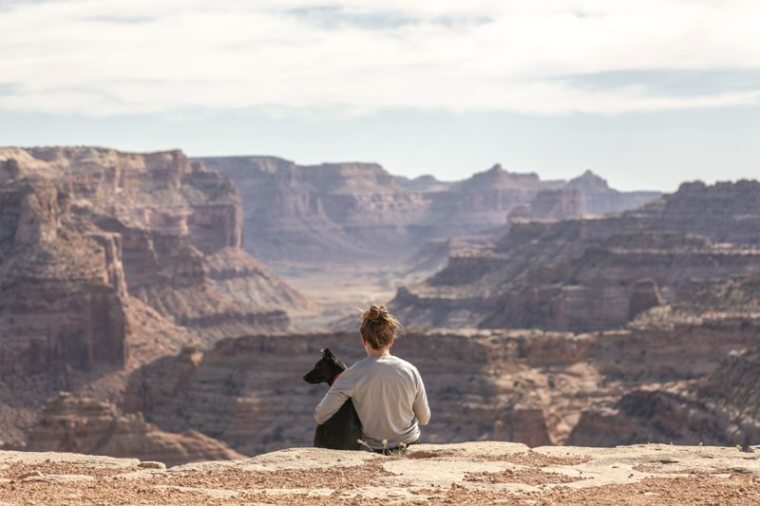
When I was younger, I frequently wondered what happened to animals when they died. Did they face judgement, divided into the good animals and the bad? Did they go to heaven in the same way that people do whom God has set apart by his grace?
These were important questions for me when our cat died, but at that time I thought I would never know until I saw for myself. However, reading the bible more as I grew up, there are hints to what happens to animals when they die.
There are good reasons to want to know what happens to animals when they die. In Genesis it is written that God created the race of man and set them as rulers over the earth including all the animals (Genesis chapter 1 verses 26-30). This means that we have a responsibility regarding animals, in a sense it is our business to look after animals and the world as a whole.
To add to this, God gives vegetation as food to "...everything that has the breath of life in it..." (NIV Genesis 1 verse 30b).Which seems to show that animals have 'souls' at least in the sense that God's breath of life is in them. We are also justified in caring for the fates of our animals because of the connection many of us have had with them.
Balaam's story, recorded in Numbers, shows this connection. His donkey seems to have cared for its master's safety when it avoided the angel on the road. While Balaam felt humiliated as his donkey turned off the path, when God opened the donkey's mouth to speak it said "Am I not your own donkey, which you have always ridden, to this day? Have I been in the habit of doing this to you?" (NIV Numbers 22 verse 30b).
I think it is safe to say that few of us have heard our pets speak to us in a tongue we understand, but many of us have known this connection. So what are some of the indications which help us to understand what happens to the animals who mean so much to us?
The first issue I think we should examine is about sin and responsibility. In the third chapter of Genesis we see sin entering the world and it does so through us. We are the ones who go against God's commands, rebelling against him. We are responsible for sin, but as rulers of the world the world is tied to us. Our corruption spread to our subjects.
A possibly useful illustration would be the example of war. When a leader sends his country to war, its people suffer the brutalities of the war, the starvation and the fighting, even the bloodshed. We can see this in our relation to animals, as we are their rulers and we set ourselves against God, our subjects, the animals suffer the brutalities of sin. However, animals had no choice in the matter. Thus, because the animals did not chose to sin, they do not appear to be responsible.
Responsibility
Generally, it seems that judgement is founded on responsibility. In the tradition of western law there is a difference between manslaughter and murder, in both crimes there is a level of responsibility which is based on the perpetrator's choices, but the punishment different, according to the degree of responsibility.
Furthermore, it would be unjust for a person responsible for a crime to receive the same judgement as a person who was not responsible for a crime. In the same way, it would appear that our responsibility for sin renders us as rightly under judgement, but for animals to be judged in the same way fails to reflect their level of responsibility, because they were not responsible for sin.
For animals to be divided to heaven or hell should be according to their sin, but given that they did not sin in the same way we did, it seems unlikely that they would be judged in the same way we are.
To conclude, the questions we ask about what happens to animals when they die are important not only because of the curiosity we have for the affairs of our furry friends and animals in general, but also because we were set a responsibility as their rulers.
Animals suffer the results of the sin that we humans caused. However, continuing this theme of responsibility, it appears that animals do not share the same judgement that we do as people because we are responsible for sin and animals do not share this responsibility.

Alexander Gillespie is an Arts Honours graduate of the University of Sydney. Particular fields of interest include Nineteenth-Century migration history, conceptual philosophy, social policy and ecclesiology. He currently lives in Sydney with his wife and enjoys researching and writing.